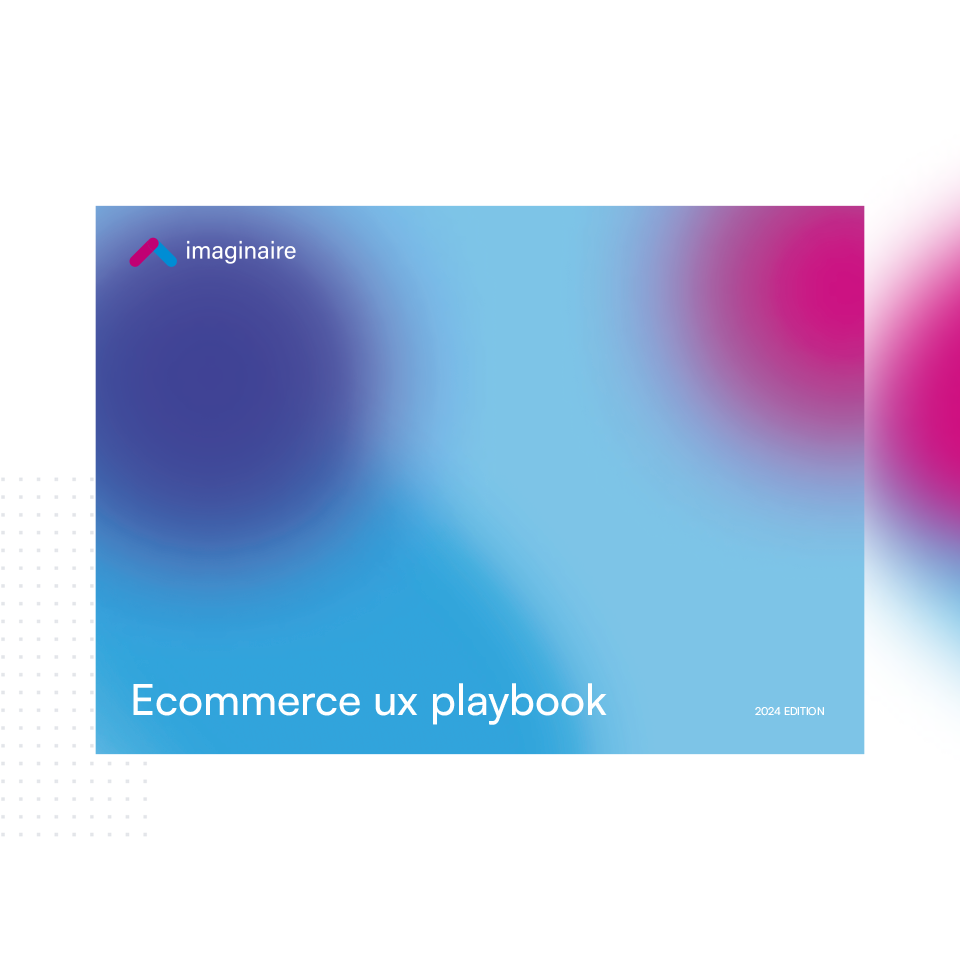At the heart of SEO (search engine optimisation) is getting into the minds of internet users so that you align your products, services and ultimately content to suit. The goal is that when people enter a particular search query, your website is the first (or at least one of the first) that they see.
But is it enough to stuff your content full of keywords and expect conversions off the back of it? Or do brands need to take time to understand the context of the search so that they truly grasp the user’s intention?
This concept is known as search intent and if you haven’t come across this term before in relation to SEO, here is everything you need to know.
What does search intent mean?
Quite simply, search intent means the intention of the search. So for example, if you were to open your sock drawer your intention would be to find a pair of socks. The same analogy is essentially in progress whenever someone types or voice searches a query into a search engine – the user has a question or a need and they are looking for a solution within the results that appear, based on the information that they give the search engine.
If someone was to type ‘mechanics near me’ – they would expect to see a list of garages open near them. Usually, search engines would also use structured data so that interactive features would appear such as maps, related videos, opening times of nearby businesses etc.
So with search intent, the key is focusing on what the user is actually trying to find so that the results are relevant to them which will provide a quality experience.
What are the different types of search intent?
Informational intent
In the old days, people had to ask people for directions or even head to a library if they had queries that needed answering. Now, most people simply type their question into a search engine or even use a voice assist tool such as Siri or Alexa who will pull up the results for you.
Example: ‘What is SEO?’
Navigational intent
Navigational intent is when users have a website in mind, but instead of typing the URL out, they search for it using a search engine instead. Navigational intent only works for your SEO strategy if it’s your website the user had in mind.
As an example, an underhand tactic in Metadata is to type a competitor’s name into the heading, so that when people search for that brand they see your link. But if the website isn’t the one they actually wanted to visit (or doesn’t sell their products etc) then they will exit. So make sure your strategy is clean-cut because such tactics are the SEO equivalent of clickbait.
Example: ‘SEO Imaginaire Digital’
Transactional intent
Transactional intent is when users are looking to buy something. The contents of the search will include words such as ‘buy’, ‘deal’, ‘discount’ or product names.
As you would expect, searches with transactional intent are extremely competitive because ultimately, brands want the sales to come to them and not that of their competitors.
Example: ‘How much does an SEO audit cost?’
Psssst!: You can get an SEO audit with Imaginaire.
Commercial investigation
Commercial investigation is similar to transactional intent, but takes one step back from the purchase stage, as it’s when the customer is weighing up their options before making a decision.
Such keywords may lead users to blogs or comparison websites explaining the differences between pricing, features etc.
Example: ‘Which SEO plugin is best?’
Search intent and SEO
Keywords aren’t the be-all of SEO but they are pretty important. When using SEO tools such as SEMrush, Surfer SEO, Moz etc, you can find a list of keywords related to your products and services, and export the data into a spreadsheet. From there, these keywords can be used in your website copy, metadata, blog posts, social media campaigns and more.
It sounds simple enough, right? However, not all keywords are created equal and we don’t just mean in terms of their search volume or their PPC score. Instead, what you have to consider is whether the keywords you select are actually relevant to the content you are creating. Otherwise, yes you may attract visitors – but as we all do when we land on a page that isn’t providing what we are looking for – your users will make a swift exit.
For example, the word ‘glasses’ can mean spectacles or something you drink out of. An extremely common search term on Google Trends is ‘how do I stop my glasses steaming up’. If a glassware company used this phrase on their page and attracted visitors looking for the answer to their question – they’d land on something totally irrelevant.
Low browsing duration and a high bounce rate mean your content isn’t providing quality and search engines will pick up on this. So instead of getting to the top of search engine results your page will be banished further and further towards the bottom, the more your content misleads people. Hence, search intent is crucial for any SEO strategy.
SEO Nottingham
If you’re ready to get your SEO in tip-top shape then there’s only one thing for it – getting one of the East Midlands most vibrant Digital Marketing agencies on your side.
Imaginaire Digital is a web design and brand agency based in Nottingham. We also cover Mansfield, Derby and Leicester. Some of the services we provide include website design, SEO, PPC, Google Ads management, social media marketing, lead generation and much more.
Ready to get started? Simply book your free consultation and we’ll get to work on devising a strategy tailored to your business. Or, drop us an email or call us on 0115 971 8908 to find out more.
You can even get a free website review from our specialists. Just head over to our free website review page and we’ll take a look!
